I haven’t been happy with the number of books I’ve been able to complete the last few years. In 2017, I decided to take my friend Jonathan’s advice and try to read a mere 10 pages a day. It worked out really well for a number of reasons. Ten pages is so attainable, and easy to squeeze in during the day. And, any time I hit a dry portion of a book, the ten page rule helps push me through. I still missed a few days here and there, but it’s easy to recover. This year I got through 13 books, 11 issues of Wired, and a few huge blog posts. I kept track of the books I read over the year in these handy categories.
Technical
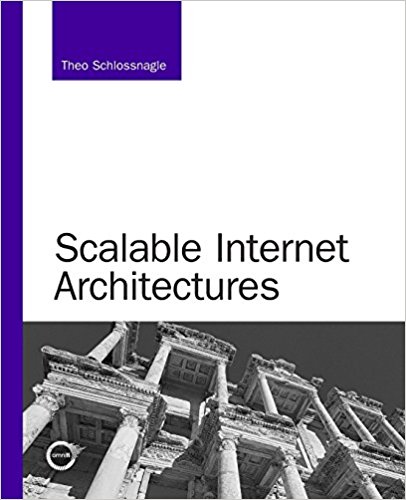 Scalable Internet Architectures by Theo Schlossnagle
Scalable Internet Architectures by Theo Schlossnagle
I didn’t like this very much. It bounced between topics I knew a lot about like source control, to others that weren’t very well explained. Maybe it was too dry, or it just didn’t interest me. I don’t know, but I wouldn’t recommend it.
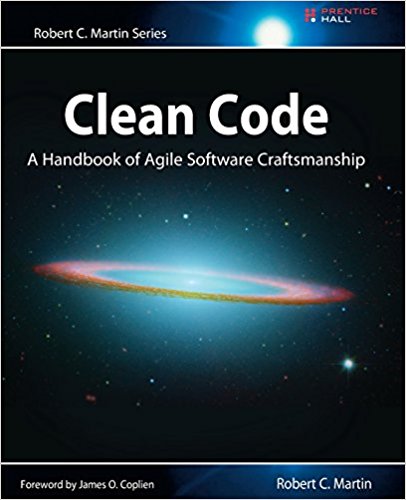 Clean Code by Robert C. Martin
Clean Code by Robert C. Martin
As a relatively experienced developer I agreed with quite a lot in the book. It was still worthwhile to read; it crystallized some notions I had, made me reflect on some of my programming values, and nicely explained several topics. I think I would’ve gained more by reading this five years ago, but it was still worthwhile. I would recommend it to people who’ve programmed a few years and are looking to make the next jump.
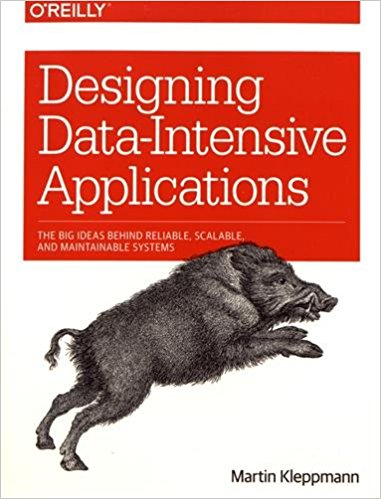 Designing Data-Intensive Applications by Martin Kleppmann
Designing Data-Intensive Applications by Martin Kleppmann
This seemed to be the hot technical book of the year. It’s definitely a great read on a number of architecture and scaling situations and trade-offs. I read it cover to cover, which I’m not sure I would recommend. I wish I bounced around more to topics that particularly interested me, instead of trying to plow through ones that didn’t. Anyways, if you’re building big software platforms, this is definitely recommended reading.
Other nonfiction
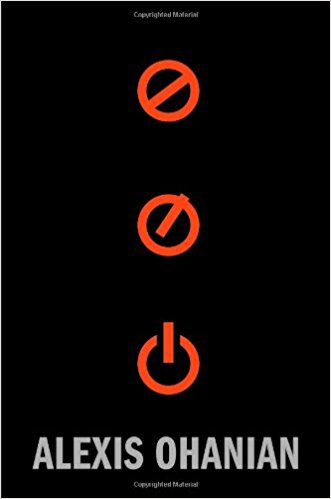 Without Their Permission by Alexis Ohanian
Without Their Permission by Alexis Ohanian
This is a fun read about the origin story of Reddit, but I didn’t find a ton of actionable learning items in it. However, I did find it inspiring to get to work and build something.
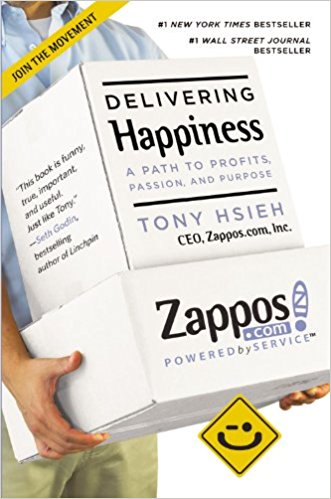 Delivering Happiness by Tony Hsieh
Delivering Happiness by Tony Hsieh
This is a pretty interesting autobiography about Tony Hsieh, the founder of Zappos, and his life and decision making. I really enjoyed the discussion about how company culture is an extension of brand. I still can’t believe he chose to walk away from 40 million dollars instead of continuing to work at LinkExchange for a year! Obviously, it worked out for him. The end touches upon the science of happiness. This correlated well with Drive by Daniel H. Pink which discussed the importance of purpose, autonomy, and mastery to being happy and motivated. Delivering Happiness added Connectedness which made a lot of sense to me.
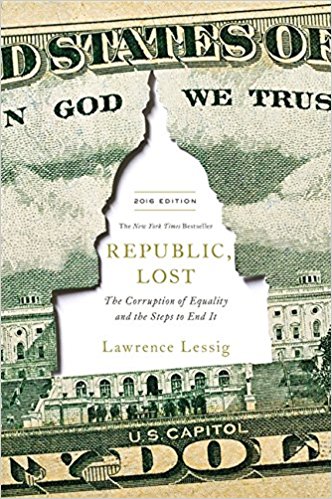 Republic Lost by Lawrence Lessig
Republic Lost by Lawrence Lessig
The argument put forth by Lessig is that Campaign Finance Reform is the most important issue facing the United States today. Congressmen spend an inordinate amount of time securing campaign funds from lobbyists which corrupts their ability to represent American citizens. He illustrates several examples of this at work including climate change, the obesity epidemic, and more. For what it’s worth, I think he’s right. In the middle of reading I discovered there was an updated version taking into account the recent 2016 election. I read the original which from around 2012. He also shares several solutions to this problem. Anyways, it can be kind of a slow read because I feel like he belabors the point sometimes, but it’s a compelling argument and probably the most important thing I read this year.
As an aside, Mayday.us and Represent.us are two organizations attempting to educate voters and fix this problem.
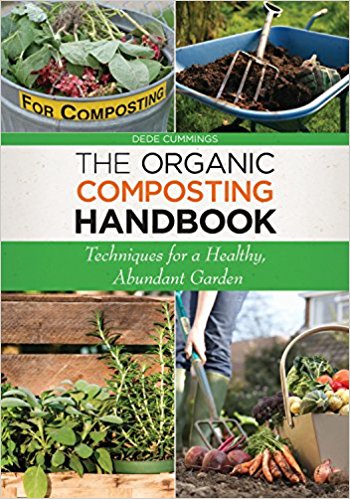 The Organic Composing Handbook by Dede Cummings
The Organic Composing Handbook by Dede Cummings
Eh, this was a very fluffy book. There’s some nice photos and some interesting tidbits here and there, but also a lot of random stories and contradictions. If you were interested in starting a compost pile (which I highly recommend if your community doesn’t have compost pickup), any online instruction should be sufficient.
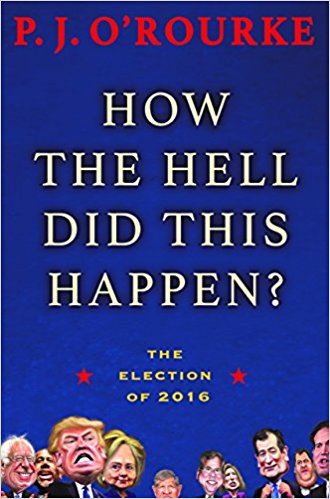 How the Hell Did This Happen? The Election of 2016 by P.J. O’Rourke
How the Hell Did This Happen? The Election of 2016 by P.J. O’Rourke
A light hearted read about the recent presidential election. Takes some fun jabs at the candidates, but not a ton of substance until the end.
Fiction
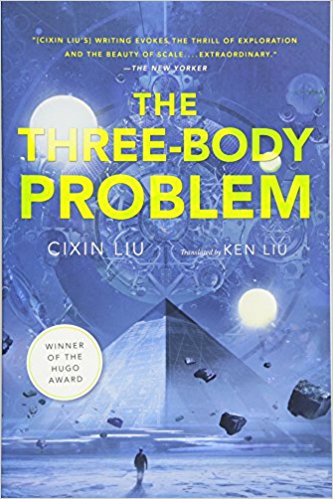 Remembrance of Earth’s Past trilogy by Cixin Liu
Remembrance of Earth’s Past trilogy by Cixin Liu
Includes The Three Body Problem, The Dark Forest, Death’s End
This is a compelling sci-fi trilogy that was recently translated into English. It starts a little slow, but each book explores some very creative ideas and goes in some unexpected directions. I don’t think it’s the most amazing prose I’ve ever read, but it’s still well done. I enjoyed the first book more than the 2nd and 3rd, but they were all worthwhile.
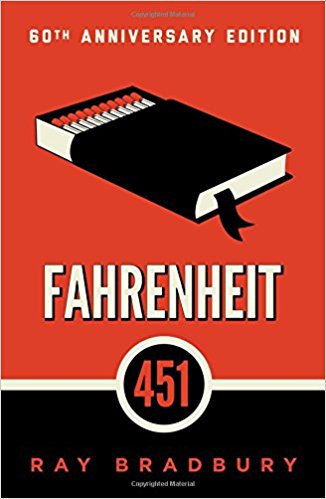 Fahrenheit 451 by Ray Bradbury
Fahrenheit 451 by Ray Bradbury
A classic book from high school literature class that I managed to miss out on. It takes place in a dystopian future where books are illegal and burned. It’s not particularly long, so I won’t go into much detail, but it’s a great read. Some very salient points that are (sadly) relevant today.
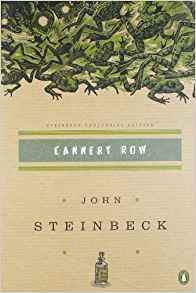 Cannery Row by John Steinbeck
Cannery Row by John Steinbeck
Another classic high school literature type book. It’s a slice of life around the Great Depression from Cannery Row, a little town in Monterrey. There’s some great characters and overall it’s a pleasant read.